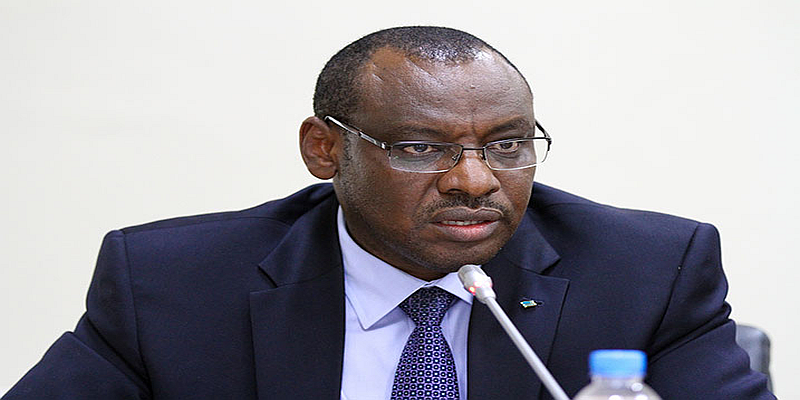Transforming Global Governance to Meet the Financing Needs of African Nations

Today, I address a pressing challenge: the urgent need to reform global governance to meet the financing needs of African nations as we pursue the Sustainable Development Goals (SDGs).
Africa’s public debt has surged beyond 60% of GDP, putting us in a precarious position. While stabilization is projected for 2024, interest payments now exceed 10% of government revenues in over 20 African countries, undermining our ability to invest in vital development initiatives.
Moreover, multilateral financing remains inadequate. The current international tax system allows multinational companies to shift profits to tax havens, depriving developing nations of essential resources. This injustice complicates our efforts to fund development.
As emphasized by the Secretary-General, the global financial architecture has failed Africa. We lack the necessary funds for the SDGs and the structural transformation our continent requires. Therefore, a new global deal is imperative — one that overhauls the financial framework to create a fairer, more equitable system.
African nations and the Global South advocate for reforms in three crucial areas:
The rules of governance of International Financial Institutions (IFIs) were established before many African countries gained independence, leading to misaligned decisions. We must increase representation for developing countries on IFI boards, enhance transparency, and update IMF quota formulas. Strengthening regional Multilateral Development Banks is also essential for localized support.
The dominance of developed nations in global tax governance must be addressed. A fairer distribution of tax revenue from multinational corporations to Africa could significantly boost our domestic resource mobilization. The recent UN resolution aimed at creating an inclusive international tax cooperation framework is a vital step forward, but we need partnerships that promote stability, inclusivity, and equity.
We must reform the global debt architecture and in particular address the high costs of sovereign borrowing that contribute to debt distress in Africa. A well-governed IFI system can facilitate access to long-term, affordable financing for SDGs and climate actions. We need to enhance the G20 Common Framework for Debt Treatments and tackle the biased global credit rating system that limits our access to capital markets.
In conclusion, the time for action is now. By advocating for these essential reforms, we can reshape the financial landscape to better serve Africa and the Global South. Together, let us work towards a more equitable and sustainable future for all.
By Mr. Claver Gatete
United Nations Under-Secretary-General and Executive Secretary of ECA
